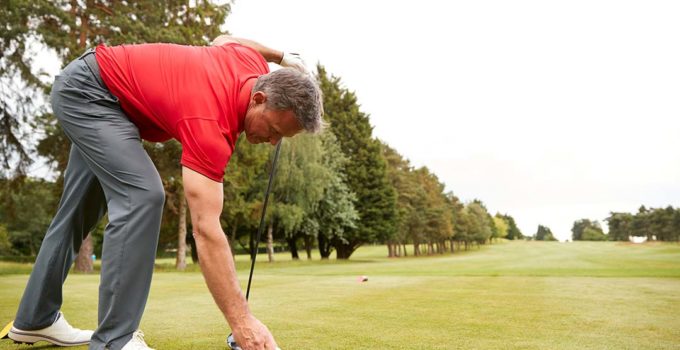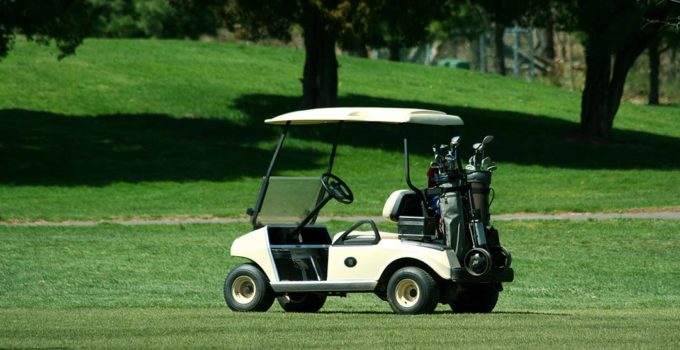Are you a golf enthusiast looking to improve your game? You may have heard of Costco’s selection of high-quality golf balls, but are they worth the price? In this …
Do you ever feel like no matter how hard you try, your golf swing just isn’t quite right? Are you left-handed or right-handed and wonder if that could be the …
In playing golf, there is a rule of thumb that states “the more speed you generate, the stiffer the shaft that you should use”. However, what golf swing speed …
Perhaps, you have wondered about what golf shoes are made in America, at some point. It is because American products have stood the best against different product quality tests. …
If your golf regularly, one of the critical questions that come to mind is, how often should you replace golf shoes. This article will discuss how long golf shoes …
If the spikes on a golf club get damage and you need to change them, you should learn how to remove spikes from golf shoes. How to Remove Spikes …
Have you ever wondered if it’s possible to wear golf shoes casually? Are you in search of a unique look that’ll set you apart from the crowd and make …
If you want to extend the life of your FootJoy footwear, you should be asking yourself how to clean FootJoy golf shoes. Like any other golf equipment and merchandise, …
Are you stressed out and looking for ways on how to clean Ecco Golf Shoes after a messy golf game? You do not have to stress yourself too much …
As tedious as waterproofing golf shoes can seem, it’s like taking a stroll through the park compared to what you risk if you don’t do it. Golf is an …
In this article, we will discuss how do ECCO golf shoes fit and share the Ecco golf shoes fitting guide on how to know your correct size. It is …
Color white is the hardest shoe color to deal with since stains are very visible on it, so we will be discussing how to clean white golf shoes in …
Have you recently been searching for golf bags USA because you want to patronize our local products? If yes, then you have come to the right place as we …
Looking for golf tournament goodie bags ideas? Goodie bags are not just for kids, they can be for adults too and in fact, for golf players! Giving away those …
When you already have too many golf clubs in your house, you can donate it to a charity, but the question here would be “Where to donate golf clubs?”. …
Sometimes I get questions on how much do golf clubs weigh. This is a question that does not have a straightforward answer because each type of club has a …
We all have heard of Japanese and European golf brands like Honma, Mizuno, and Scottsdale — but what golf clubs are made in USA? For the past 25 years, …
If you’re looking for an up-to-date cost of each golf club type, our golf clubs value guide will help. Golf equipment, over the last three decades, has experienced huge …
A lot of factors come into play when you are trying to learn how to choose golf clubs for your height. First, you have to consider your budget; what is …
A hybrid vs fairway wood chart is helpful if you ever wondered which golf club to use and cannot decide between hybrid golf clubs vs fairway woods. A detailed …
You’ve probably heard about custom golf clubs, and at some point, it made you think, “Do I really need one?”; thinking you do, you then ask, “How much does …
A friend once asked. While I didn’t have a direct answer, I wished he had been more specific. This is a rather broad question. When addressing how to fix …
My first encounter with this device wasn’t so pleasant. I didn’t know how to use it. When I searched online, it took me some time to understand how the …
3-wheel VS 4-wheel golf push cart – which one should I settle for? Most people often ask me this question. Of course, various factors come to play when addressing …
If you are looking for ways on how to convert golf push cart to electric, I got your back. Of course, we have some already electric golf push carts …

























